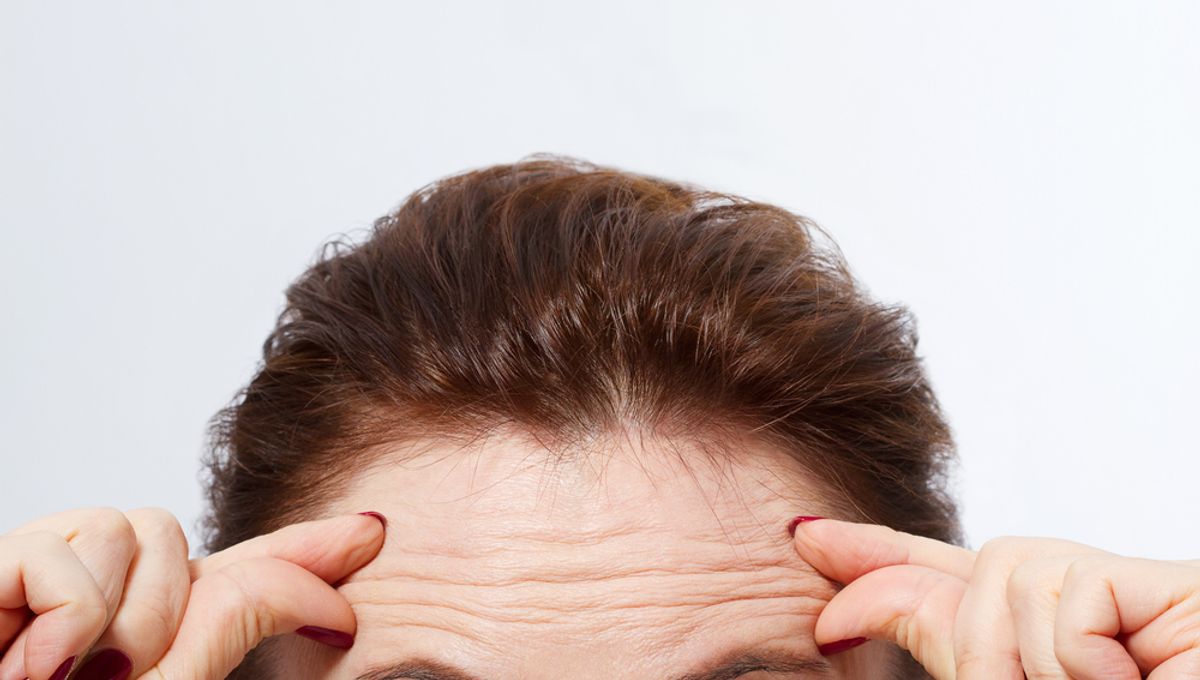
It’s a well-established fact of life that as we age, our skin starts to become wrinkled. What’s less well understood, however, is why exactly this happens. The onset of wrinkles has been attributed to several factors, from genetics to Sun exposure, and even how you sleep. But what if it also had something to do with the microbes wriggling around on our skin?
New research, yet to be peer-reviewed, investigated just that and attempted to discover if the skin’s microbiome – all the bacteria, fungi, viruses, etc. that reside on our skin – is implicated in its aging process.
“We were interested in examining to what degree the skin microbiome differed in ageing skin, because we’ve found previously that it is the manifestation of genetic and environmental factors, including lifestyle, ethnicity, geographic residence, sun exposure, skin characteristics, hygiene habits, overall health and age,” study author Julia Oh, at the Jackson Laboratory in Connecticut, told New Scientist.
To find out, Oh and colleagues swabbed the cheeks of 51 women, all of whom were white and lived in Paris. Roughly half were aged 20-26, while the rest were between 54 and 60. Using a technique called shotgun metagenomics, they were able to identify the different bacterial species present on each person’s skin. The team also looked at several parameters of skin aging, including collagen quality and quantity, which is known to decline with age.
“We found significantly different facial microbiome structures in younger and older adults,” they write in their paper. “More importantly, we found that much of this difference can be attributed to the variation in biophysical parameters, especially [collagen].”
As expected, the researchers identified collagen loss in the older participants. In all individuals studied, three species of bacteria were most prominent: Cutibacterium acnes, Staphylococcus epidermidis, and Corynebacterium kroppenstedtii. The former was more abundant in the younger cohort, while the latter two were found more commonly in the older group.
The authors, therefore, suggest an association between these species and a decline in collagen levels as we age. However, the direction of the correlation is not yet known: it could be that bacteria causes a loss of collagen, or that loss of collagen changes the skin microbiome. More research is needed to come to a conclusion on that.
Interestingly, the team also found that the older individuals had a greater number of bacteria with antimicrobial resistance genes. Whether or not this has any effect on skin aging we don’t know, but it’s possible.
“As we age, we’ve cumulatively been exposed to many antibiotics, and microbes can acquire antibiotic resistance genes from the environment and each other, and these can be maintained in the cumulative gene pool of our skin microbes,” Oh told New Scientist. “For sure, antibiotic use can change microbiome characteristics, which in turn can have immune and skin barrier effects.”
It could be a long time before we see these findings influencing anti-aging treatments: much more research is needed to confirm the association and address the shortcomings of this small study. The next step, according to Oh, is to try and pinpoint how exactly bacteria could be influencing collagen production.
The preprint is available at bioRxiv.
[H/T: New Scientist]
Source Link: Scientists Identify Something Unexpected That Could Be Responsible For Your Wrinkles